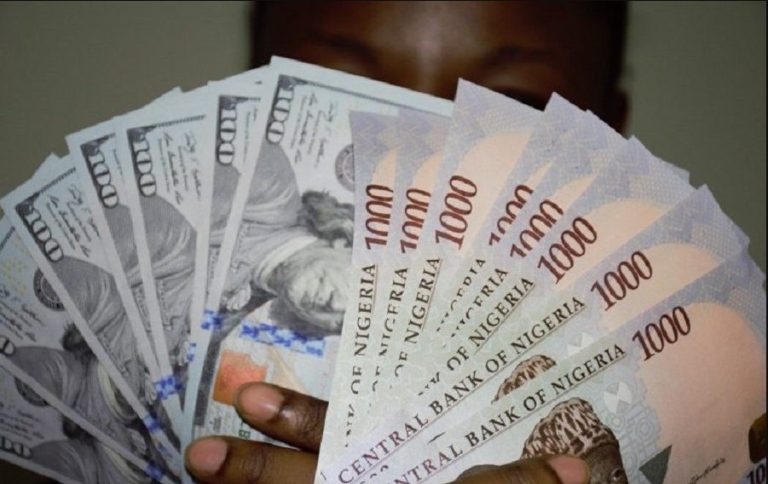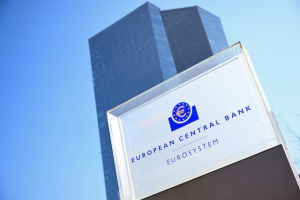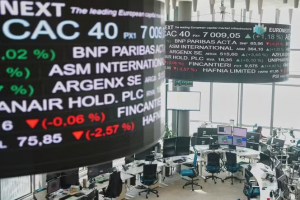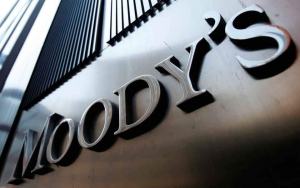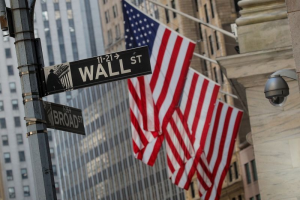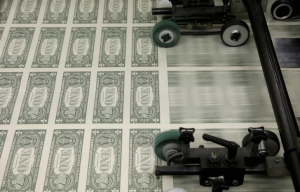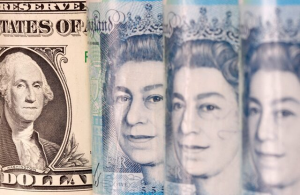As the inflation occasioned by weak naira inflation, a wide dollar gap and high energy cost impacts on Nigeria’s economy the Federal Government of Nigeria (FGN) is conceiving various means to ameliorate the situation.
Improving the volume of Foreign Exchange (FX) into the economy as means of moderating the exchange rate and stabilise the Naira features prominently in Federal Government’s solution agenda.
To this end, the Federal Government, last week, announced an offer of FGN bond valued at 500 million dollars for subscription to interested investors.
The Debt Management Office (DMO) says it is a five-year domestic FGN dollar bond due in 2029, at an interest rate of 9.75 per cent per annum.
The opening date for the offer is Aug. 19, closing date is Aug. 30, while settlement date is Sept. 6.
It was offered at 1,000 dollars per unit subject to a minimum subscription of 10,000 dollars (10 units), and in multiples of 1,000 dollars thereafter.
It listed eligible investors as Nigerian residents, Nigerians with savings abroad, Nigerian diaspora, and qualified institutional investors.
The DMO assured that the dollar-denominated FGN bond was backed by the full faith and credit of the Federal Government of Nigeria, and granted liquid asset status by the Central Bank of Nigeria.
The Minister of Finance and Coordinating Minister of the Economy, Wale Edun, assured Nigerians that the economy was on the trajectory of growth, adding that dollar funding was critical for the exchange rate to stabilise .
According to him, in terms of investments and stabilising the economy, it is important to have adequate foreign exchange.
He said that though there had been improvements in the flow of foreign exchange into the economy, the dollar denominated FGN bond would further boost FX liquidity.
Edun said that the transaction was aimed at improving the external reserves and supporting the exchange rates, which were critical elements of stabilising the economy and preparing it for investment and growth.
“The flow of dollars has improved into the economy from portfolio investors, from foreign direct investment and from multilateral mobilisations, which have bought into government’s macroeconomic reforms.
“This transaction has an important role in this process because we have a domestic issuance of dollar bonds aimed at further improving the inflow of dollars.
“The more the foreign exchange, the higher the foreign reserves, the stronger would be the exchange rate. That gives a chance for inflation to come down.
“The lower the inflation, the lower the exchange rate,” he said.
Mr Gbadebo Adenrele, the Managing Director – Investment Banking, United Capital Plc, the lead advisors for the transaction, said that the transaction would be for a period of five years.
He said that the proceeds would be for key sectors investment to be determined by the government.
“This is the first issuance that would be done in dollars. Coupon payment is semi-annually while the bullet repayment would be after five years.
“The proceeds will be invested in some key economic sectors to be approved by the president, subject to appropriation by the National Assembly.
“The minimum subscription is 10,000 dollars, with subsequent subscription of 1,000 dollars thereafter.
“It is backed by the full faith and credit of the Federal Government of Nigeria,” he said.
He said that the offer was open to Nigerians who resided within and outside the country, as well as institutional investors.
The Director-General of DMO, Patience Oniha, said that the offer of a dollar denominated domestic bond would make history for the financial market and for Nigeria as a whole.
According to Oniha, over the years, we have seen the domestic financial market transform.
“This is due to the efforts of several stakeholders in collaboration with the Federal Government,” she said.
She encouraged Nigerians to take advantage of the opportunity and invest in the dollar denominated FGN bond, adding that it was safe and secure.
Oniha said that the bond represented an attractive investment opportunity for domestic investors seeking to divsesify their portfolio to incorporate foreign currency earnings.
She said that proceeds of the bond represented an alternative source of funding for the Federal Government.
“The introduction of this bond will deepen the domestic capital market by increasing the range of available securities.
“It is eligible as collateral for securing credit facilities from deposit money banks,” she said.
She emphasised that the bond proceeds would be ring-fenced and invested in critical sectors to be approved by the President on the recommendation of the finance minister, subject to appropriation by the National Assembly, for economic growth and development.
Some observers are of the opinion that this dollar denominated bond would further exacerbate the country’s debt challenge, since bonds constitute the local component of government borrowing.
Some stakeholders, however, described it as a laudable initiative that is capable of bridging the wide dollar gap, and solving the balance of payment deficit.
A financial expert, Prof. Uche Uwaleke, said that the bond would be of immense benefits to the economy and investors.
Uwaleke, a professor of capital market at Nasarawa State University, Keffi, is also the President of Capital Market Academics of Nigeria.
According to him, the bond issuance holds a lot of promise to investors and the economy in general in a number of ways.
“It provides an opportunity to earn risk-free return on investments, given that dollar deposits with banks attract little or no interest.
“The interest payable to bondholders is exempted from income tax; it affords an opportunity for retail and institutional investors to diversify their portfolios.
“It provides an alternative cheaper source to meeting government’s financing needs in a period where the cost of servicing domestic debt is made more expensive by hawkish monetary policy,” he said.
He said that the dollar-denominated bond would help to strengthen the Naira since the dollars raised would be available for intervention in the forex market.
Uwaleke said that a high demand for this debut bond would embolden the government to further explore the domestic dollar bonds market, which would reduce the Federal Government’s incursion into the Naira bond market.
“This will help to free up capital for the private sector.
“It promises to deepen the capital market following increased liquidity in the market on the back of the new asset class.
“Like the debut Eurobond issuance in 2011, the maiden domestic dollar bond is expected to open up local issuance of similar bonds by companies and sub-nationals.
“The benefits of the domestic dollar bonds outweigh the costs,” he said.
An Economist, Dr Chijioke Ekechukwu, said that the dollar denominated FGN bond was the way to go.
According to Ekechukwu, to beef up foreign currency availability in order to check the rising exchange rate, it is important for the government to increase the supply of FX with such dollar denominated bonds.
” Although it will not satisfy the demand in the circumstance, but it will help reduce exchange rate and meet obligations as they mature,” he said.
Stakeholders say the bond remains attractive to investors and thus, will record a high subscription level.
They, however, urged the Federal Government to ensure that the revenue generated from this offer, and other such offers in future, impact positively on the economy.
Some experts caution against unplanned fallout of the approach, saying it could lead to the dollarisation of the nation’s economy.
One of them is Marcel Okeke, a business strategist, sustainability expert and ex-chief economist at Zenith Bank.
“Dollarisation happens when a country begins to recognise the U.S. dollar as a medium of exchange or legal tender alongside or in place of its domestic currency.
“Dollarisation normally occurs when the local currency has become unstable and begun to lose its usefulness as a medium of exchange for market transactions
“This implicit dollarisation of the Nigerian economy portends a further weakening and relegation of the Naira. Naturally, economic agents in Nigeria will certainly pander to holding dollar assets in whatever form or shape.
What may be its shortcomings, observers say any step taken by the federal government to stabilise the economy and rein in inflation in a sustainable manner is a welcome development. (NANFeatures)

